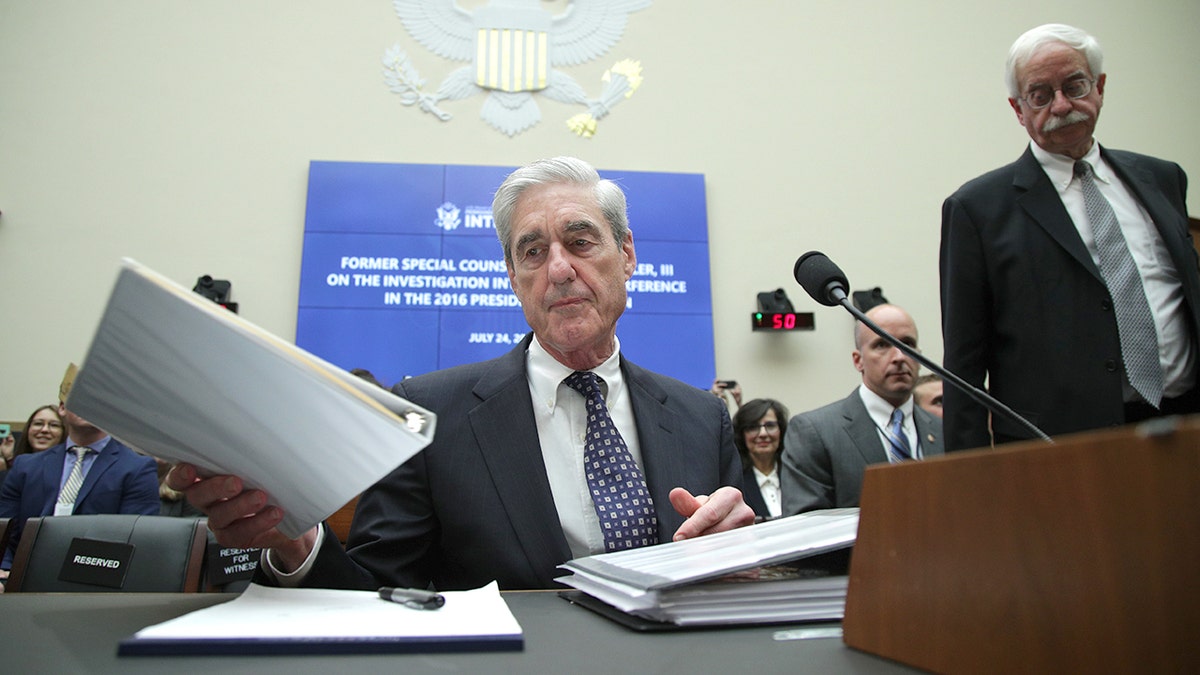Robert Mueller’s Parkinson’s Diagnosis and Congressional Subpoena
This blog post explores the recent revelation surrounding former FBI Director Robert Mueller’s health and its impact on a congressional investigation. The news, initially reported by the New York Times, sheds light on a private matter with significant public implications.
A Private Diagnosis, Public Ramifications
The Parkinson’s Diagnosis
In a statement released to the New York Times, Robert Mueller’s family confirmed his diagnosis of Parkinson’s disease in the summer of 2021. This diagnosis, they explained, led to his retirement from the practice of law at the end of that year, despite briefly continuing to teach at his alma mater during the fall of 2021 and 2022. The statement concluded with a simple, yet heartfelt request for the respect of Mr. Mueller’s privacy during this challenging time. This quiet announcement followed a period where Mueller experienced noticeable difficulties with speech and mobility.
The Epstein Investigation Subpoena
The news of Mr. Mueller’s health directly impacted ongoing House Oversight Committee investigations into the activities of Jeffrey Epstein. The committee had issued a subpoena for Mueller’s testimony, seeking his insights into the FBI’s 2007 investigation of Epstein, an inquiry Mueller oversaw during his tenure as FBI Director from 2001 to 2013. However, upon learning of Mueller’s health struggles, the committee withdrew the subpoena. A source close to the committee confirmed to Fox News Digital that these health concerns, preventing Mueller from testifying, were the primary reason for the decision. This action took place even before the official announcement from the Mueller family about his Parkinson’s diagnosis.

The Context of the Investigation
The House Oversight Committee, under Chairman James Comer, is deeply involved in investigating the circumstances surrounding the non-prosecution agreement reached with Jeffrey Epstein in 2007. Comer contends that this period is crucial to understanding the full scope of Epstein’s alleged crimes and the individuals who may have been involved. The investigation has encompassed numerous high-profile figures, including former President Bill Clinton, who were also subpoenaed to testify. Comer’s focus is heavily on the details of a 60-count indictment drafted by prosecutors, which was eventually superseded by a significantly less stringent non-prosecution agreement. This agreement remains a point of intense scrutiny and debate.
Respecting Privacy in the Public Eye
The release of information regarding Mr. Mueller’s Parkinson’s diagnosis presents a complex interplay between public interest and personal privacy. While the public has a right to understand the full context of significant investigations, respecting the privacy of an individual facing a serious health challenge is equally important. The Mueller family’s request for privacy highlights the human element often overlooked in the intense scrutiny of public life. The withdrawal of the subpoena demonstrates a recognition of these competing needs. The situation underscores the delicate balance between transparency and compassion in the face of challenging circumstances.



